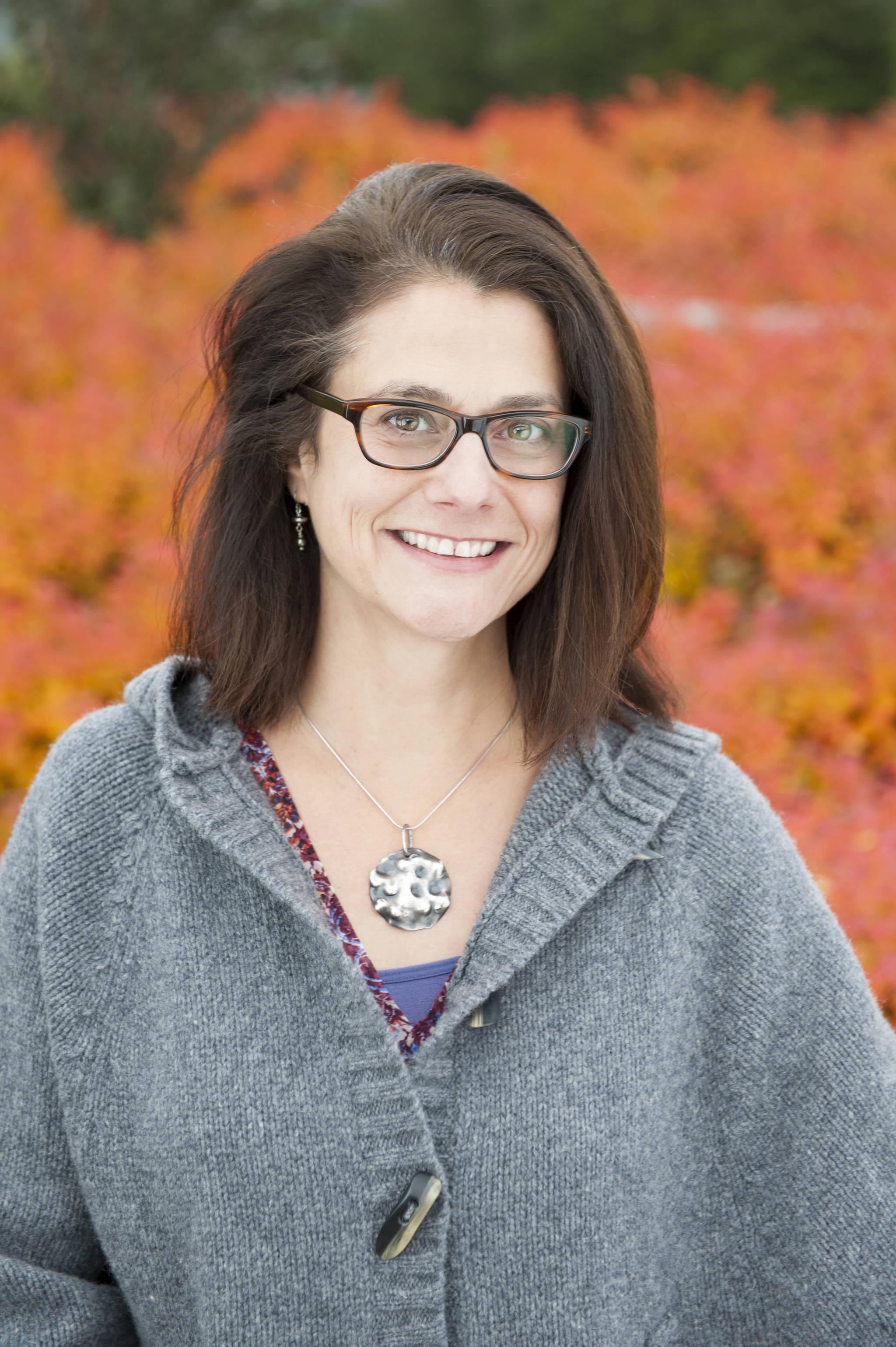We are entering finals week at the University of Alaska Southeast. As students and faculty wrap up our courses, many of us are thinking about the upcoming holidays.
Gift giving is an important ritualized act of kindness and reciprocity. As the season of gifts is upon us, we hope you’ll pause to consider the ecological footprint of the gifts you give, striving to make responsible decisions regarding your purchases. How sustainable is the material? How far did it travel? Is the gift one of planned obsolescence (“designed for the dump”) or of perceived obsolescence, where we quickly discard older, but working versions of products because we buy into the idea that a newer style is more desirable?
If we think about our purchases, almost all of them will be connected in some way to plastic, whether it’s in the product itself, the packaging or the credit card we swipe to pay for it. Plastic is ubiquitous in modern society. A 2017 report revealed that in the previous 13 years, global plastic production was equivalent to the amount of plastic made in the previous half-century.
Almost all plastics are produced from chemicals derived from non-renewable resources. While that may be good news for Alaska’s oil-based economy, if current trends continue the plastic industry could account for 20 percent of the world’s total oil consumption by 2050. Given how much plastic is designed for single-use (planned obsolescence), and with packaging accounting for 26 percent of the total volume of plastics used, that does not seem like the best or most efficient use of a valuable resource.
Reducing plastic’s prevalence at UAS is one of the Sustainability Committee’s goals for this year. At this year’s annual Power and Privilege Symposium in November, members of the Committee and the student Sustainability Club presented “Plastic, plastic everywhere: How throwaway consumerism harms societies and ecosystems, and what we can do about it.” In our discussion, attendees proposed some great ideas for addressing the problems of plastic from the micro-level (including reducing disposable, single-use packaging) to the global scale, such as an international treaty on plastic to protect our seas.
Unfortunately, the news is not good. The treaties that exist are non-binding and only about 9 percent of plastics are recycled. In Juneau we are limited to recycling plastics coded 1 and 2 and plastic grocery bags. Even if recycling rates were higher, it is not enough. The culture of recycling convinces us that we are doing our part and grants us psychological permission to continue on the current path, ultimately individualizing a problem whose roots lie in production practices, lack of corporate accountability, and limited effective legislation that incentivizes reduction or recycling of plastics. In fact, 10 states have preemption laws preventing municipalities from regulating plastic at the local level, with other states considering prohibitive legislation.
Environmental concerns rightly take a center stage when considering the human impact on the planet. However, social sustainability is an often overlooked but critical dimension of sustainability. Social sustainability attends to issues of equity, justice and human rights. In practical terms, this may be evaluated with regards to toxic exposures and impacts on human health or safe workplaces with fair labor practices.
For instance, we know that chemicals used in plastics may be endocrine disruptors or carcinogenic. Plastics workers have higher body burdens (chemicals in their bodies) than non-exposed groups in the general population. Social sustainability proponents ask questions like: What are the conditions and wages like for the workers who produce our goods? What is the human toll embodied in achieving that quick delivery of goods? Is the workforce racially diverse from floor workers to top management? Is the company a good neighbor to local communities whether they are located in Baton Rouge, Louisiana or Shenzhen, China?
As the holiday season jumps into full swing, I would like to wish Southeast Alaskans much joy and good health. But I’d also encourage shoppers to consider the environmental and social sustainability of the gifts we choose to give and what that means not only for the recipient, but also the planet and its people. If you’d like to think critically about the broader impacts of your personal choices, sign up for a sustainability-focused class at UAS for spring semester, and help us keep the critical dialogues going.
• Dr. Lora Vess is an assistant professor at the University of Alaska Southeast and lives in Juneau. Dr. Vess is a member of the University of Alaska Southeast Sustainability Committee. The views expressed here do not necessarily represent the views of the University of Alaska Southeast.

